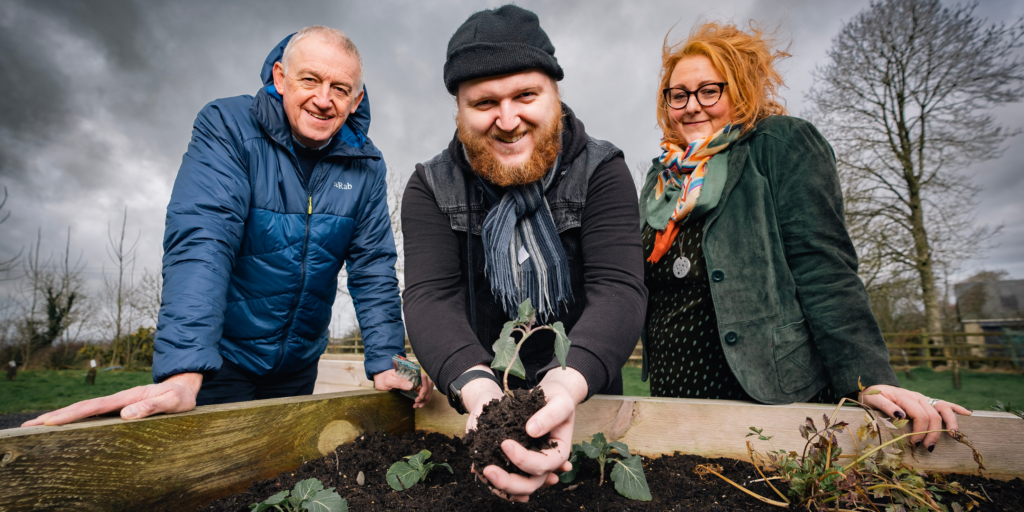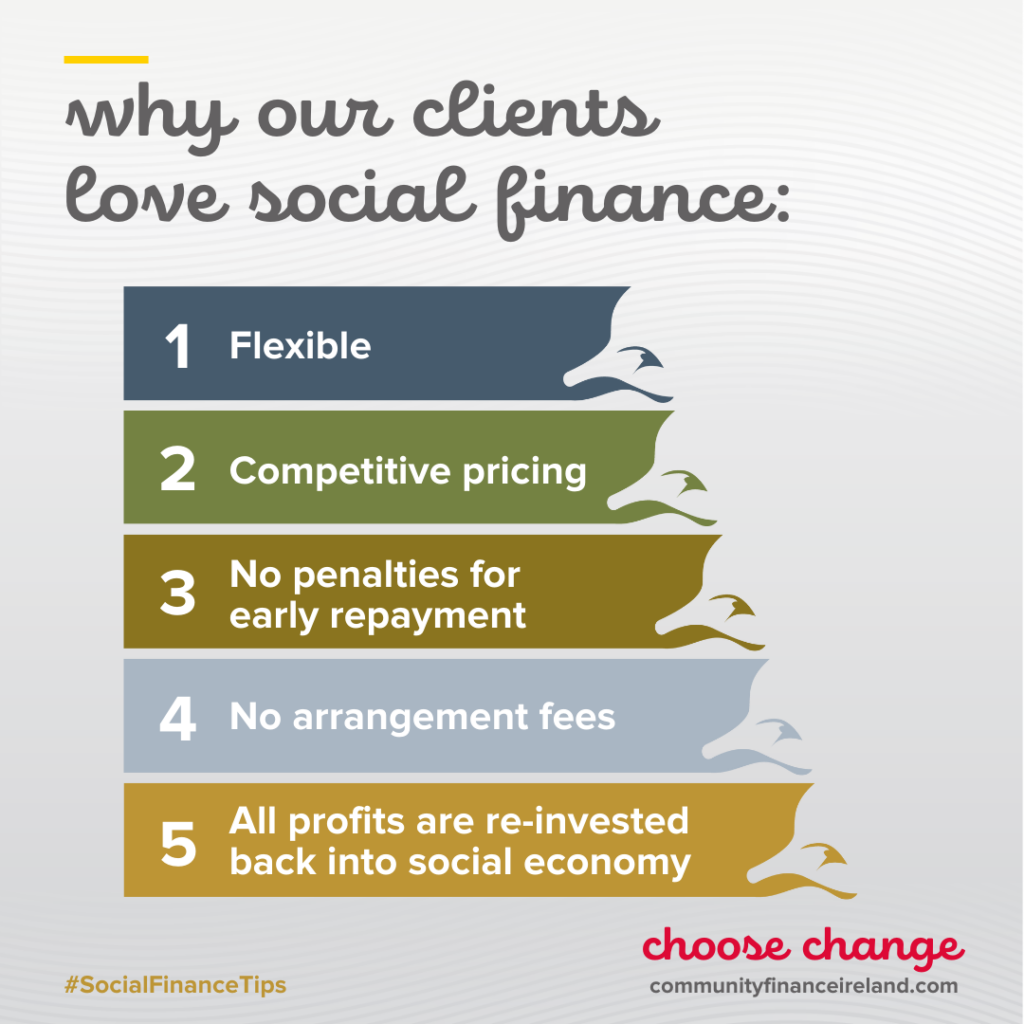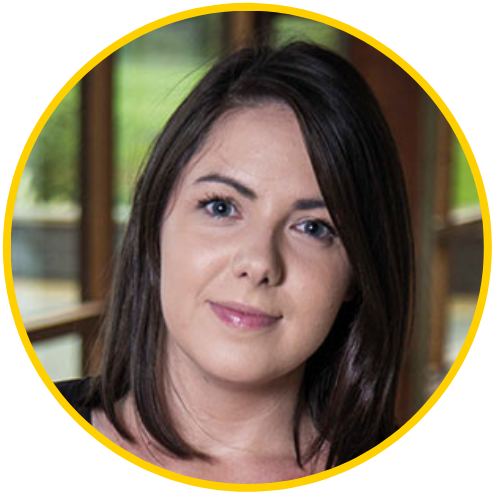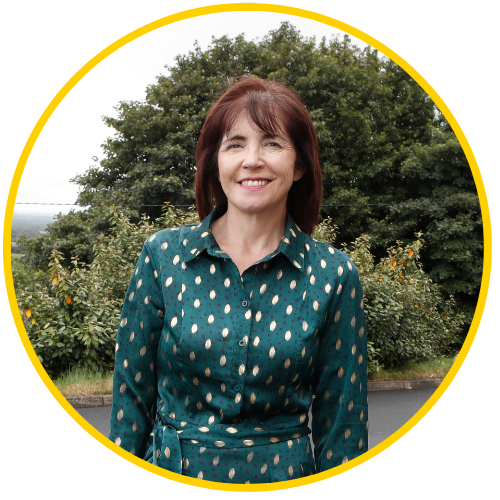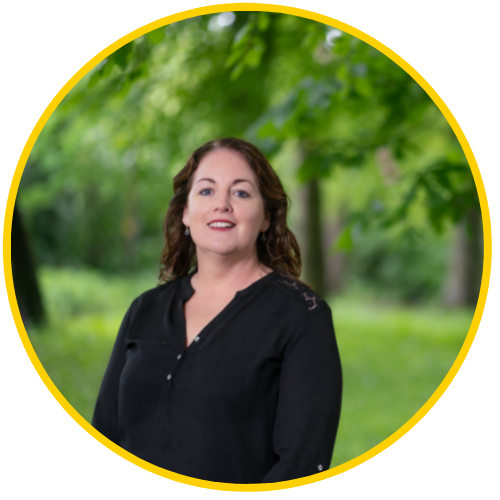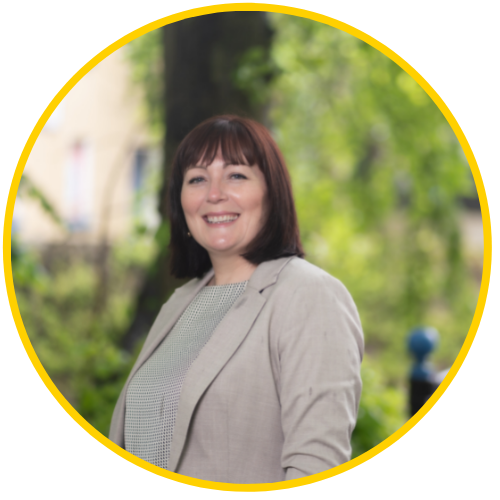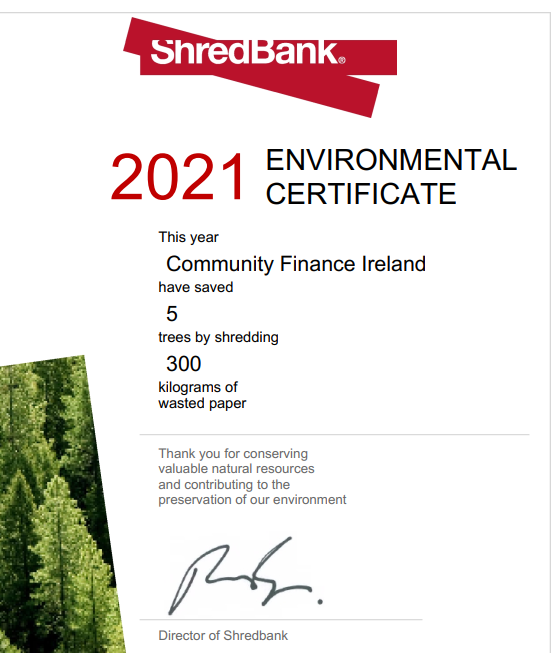As an all-island brand, with a growing team, our colleagues live and work in Down, Antrim, Meath, Donegal, Waterford, Limerick, Cavan, and Louth. Whilst they also have the option to work at our dedicated office spaces located in Ardee, Co. Louth or in Belfast City Centre.
In light of both the NI and RoI governments’ decision to relax Covid restrictions our team are now working “the new norm”.
With Northern Ireland’s growing confidence in an office versus home working environment and the Republic of Ireland creating a Bill to pass legislation protecting employees working from home (The Right to Request Remote Work Bill 2021) the traditional five days a week, office based working model is now clearly in transition.
Our team at CFI, have technically spent the best part of the last two years working from home (often at the kitchen table or in some cases a bedroom) and as we settle into our new norm, we asked our people what were the pros and cons they learnt from their experience and how will this experience support them in their day-to-day delivery of social finance solutions to grassroots community clients and projects.
Here’s what they had to say:
“With my home base at Strangford Lough, a hybrid working model allows me to maximise my use of time effectively as I can block out days for new client meetings and when at home, focus on administrative aspects.”
Phelim Sharvin, Head of Community Finance N.I
“Hybrid working is great and allows all colleagues to work where most comfortable. For me, being in the office is important for setting my own boundaries between work and home-life.”
Peter Smyth , Client Relationship Manager N.I
“Working from home has really helped me flourish in my career. I thrive on quiet time where I can focus on strategic papers or analytics and have found zoom meetings suit my working style.”
Nicky McElhatton, Marketing and Social Media Executive
“I joined CFI during the pandemic. My role is Front of House and I really enjoy the office environment. With a newly designed office space in Belfast, I can continue to work safely alongside others.”
Nick Heath, Front Office Administrator
“Having a blend of working-from-home and the office breaks up the week. With a flexible working schedule, this has really helped give me an improved work-life balance.”
Stephanie Nicholl, Compliance Officer
“Working-from-home is something I have gotten used to. Although, I do miss the aspect of being in the company of my colleagues as work relationships are not always the same behind a screen.”
Sandra Cowan, Finance Officer
“My week is usually now 70% office based with 30% working-from-home. I have adapted well to this new rhythm and have also found that as a Manager of a team, the trust with my people has improved greatly.”
Barry Connolly, Group Chief Financial Officer
“The ability to work remotely has given me the chance to spend more time at home. With less distractions, my time spent working is more productive and I have my cats for company, all day.”
Emma Thompson, Finance Executive
“A blended approach allowed me to meet colleagues whom I would not of come into contact with as much whilst working remotely. I am able to create relationships were I can reach out to colleagues from different departments which is hugely beneficial as I start my career.“
Jack Lennon, Marketing Intern
“Hybrid working works excellently for me with a team based all over the country. It offers me the ability to work wherever I might be needed, for both my team and my clients. As long as my phone and laptop charger are optimized, I find the flexibility of different working locations can ensure I can be where I am needed at all times.”
Emmett O’Hara, Head of Community Finance RoI
“My role finds me on the road quite a bit, meeting clients. This regular travelling is balanced by my ability to work from my home on days where I am liasing with other team members and assisting clients from a remote location.”
Anne Graham, Client Relationship Manager Donegal and Connacht
“My role has always been remote and as such, the hybrid working model has little impact on that working style. But what has been welcome, is that many of my colleagues now also have the same working pattern.”
Barry Symes, Client Relationship Manager South East Leinster and Waterford
“I joined Community Finance Ireland just over six months ago and have found zoom meetings invaluable in helping me connect with my new work colleagues.”
Nora Keogh, Client Relationship Manager Munster
“Working from the office is a key benefit to me that helps with my part-time hours and the logistics of family life. Office based work continues to be my personal choice but it’s great to have the ability to work from my kitchen on occasion.”
Terri Martin, Office Manager and Micro-Finance Lead RoI
“Working remotely has never been a barrier to my ability to deliver great work or to engage my colleagues or agency partners on key projects. I have found that meeting in person is always welcome but that with excellent IT support working from home offers a flexibility that really suits my way of working. This new norm has shifted me from a ‘work – life balance’ view to a ‘life –work balance’ view and I love it.“
Lita Notte, Head of Marketing and Communications
“A hybrid structure has worked well for me. With the flexible option of remote work or going to the office I have a genuine sense of work-life balance. Time not spent commuting has been redirected to time spent in my local community.”
Pauline Carolan, Office Administrator
“A hybrid working system has been great for everyone here at CFI. With a small team, it allows us to grow resources in all regions of the island and connect with all communities. We swiftly introduced technology and IT supports to help our people and give them the tools they needed to continue to liaise with clients and each other. For me personally, it is great to have a balance with a new Belfast office acting as a hub in more recent months.”
Donal Traynor, CEO Community Finance Ireland
In summary, much like the uniqueness of our people, hybrid working offers different things for everyone. But in essence flexible working practices (either office or home) is successful and our team are very much “fans” of the new norm.
